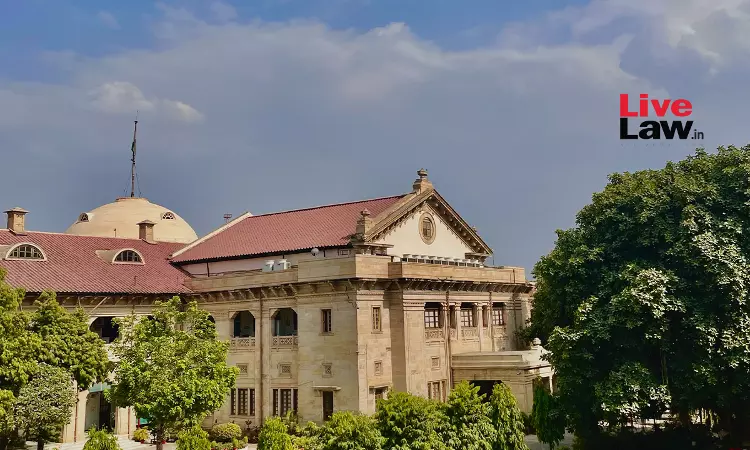Every Arrest & Detention Doesn't Amount To Custodial Torture: Allahabad High Court
Sparsh Upadhyay
31 Oct 2024 12:45 PM IST

Next Story
31 Oct 2024 12:45 PM IST
Underscoring that every arrest and detention does not amount to custodial torture, the Allahabad High Court has recently observed that when custodial torture allegations are not supported by any medical report or other corroborative evidence, the Court ought not to entertain such kind of proceeding. A bench of Justice Mahesh Chandra Tripathi and Justice Prashant Kumar added...
